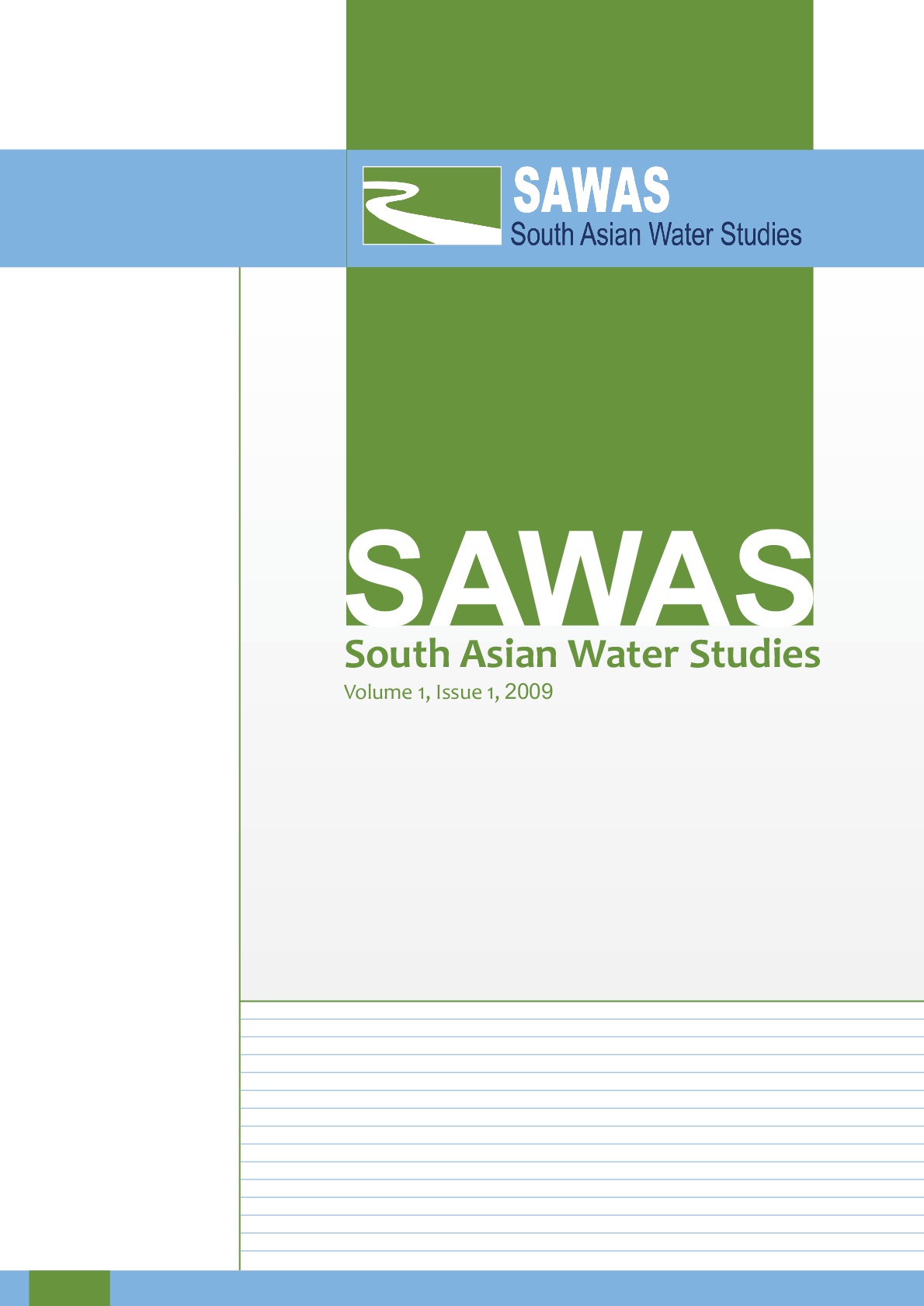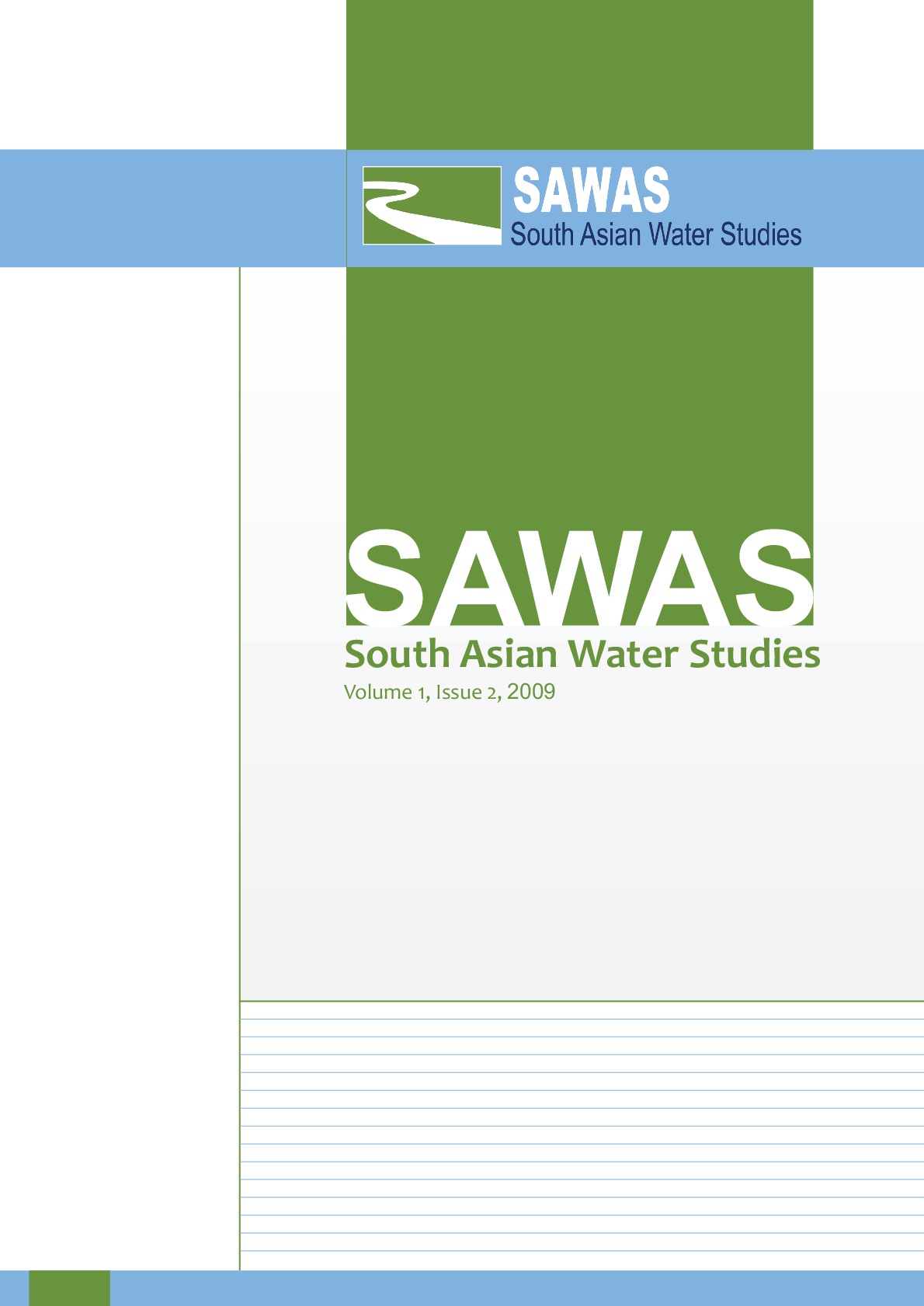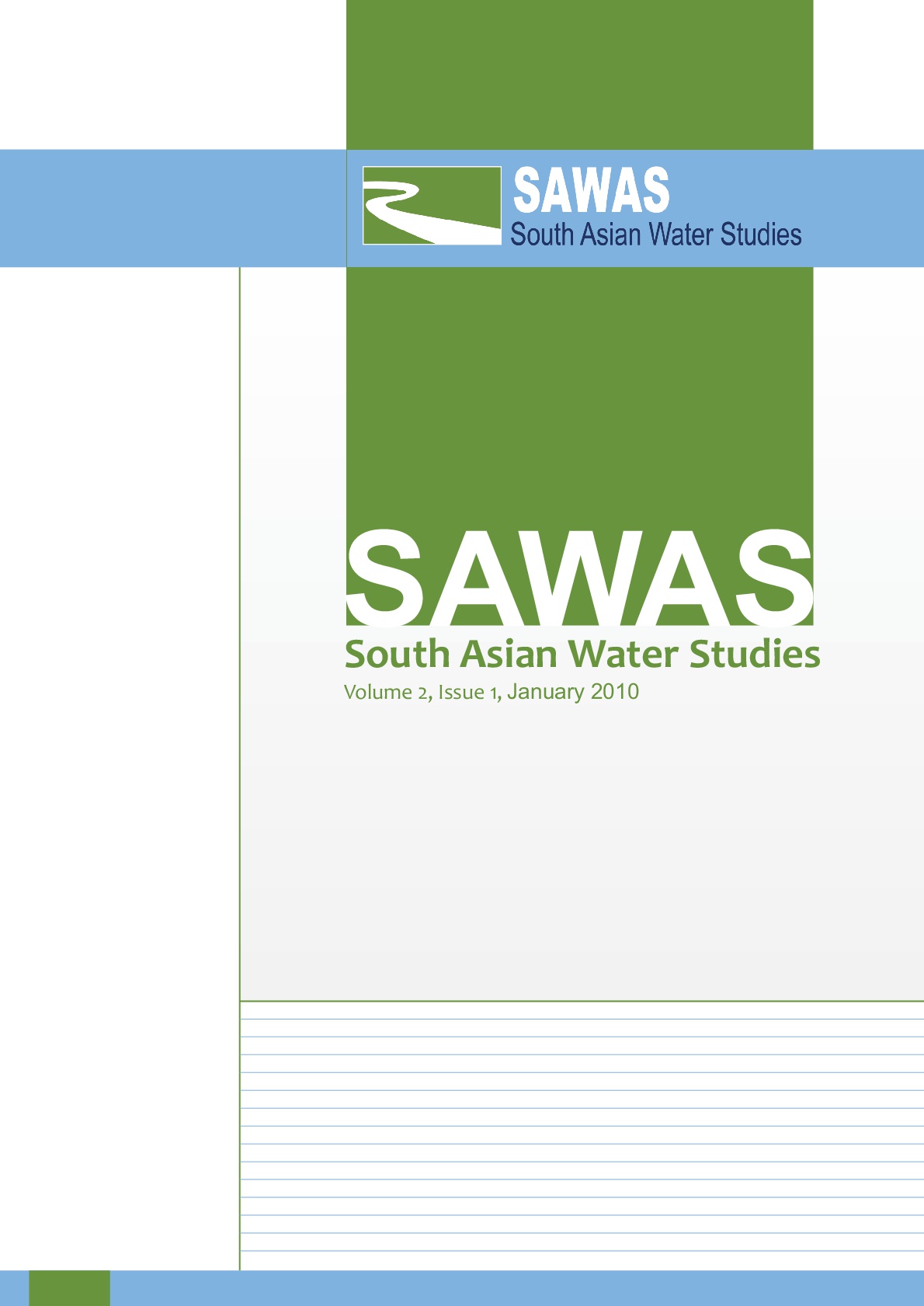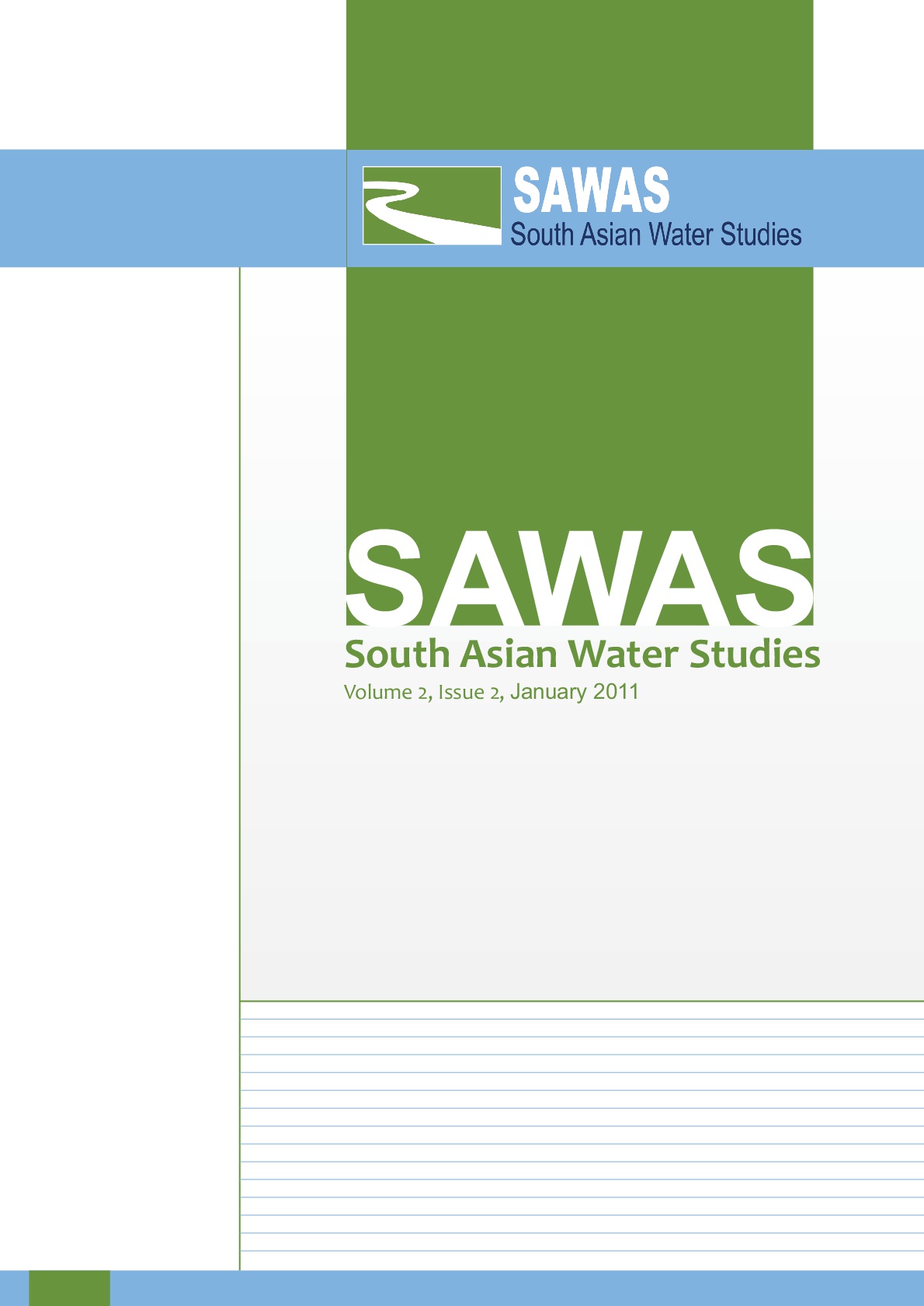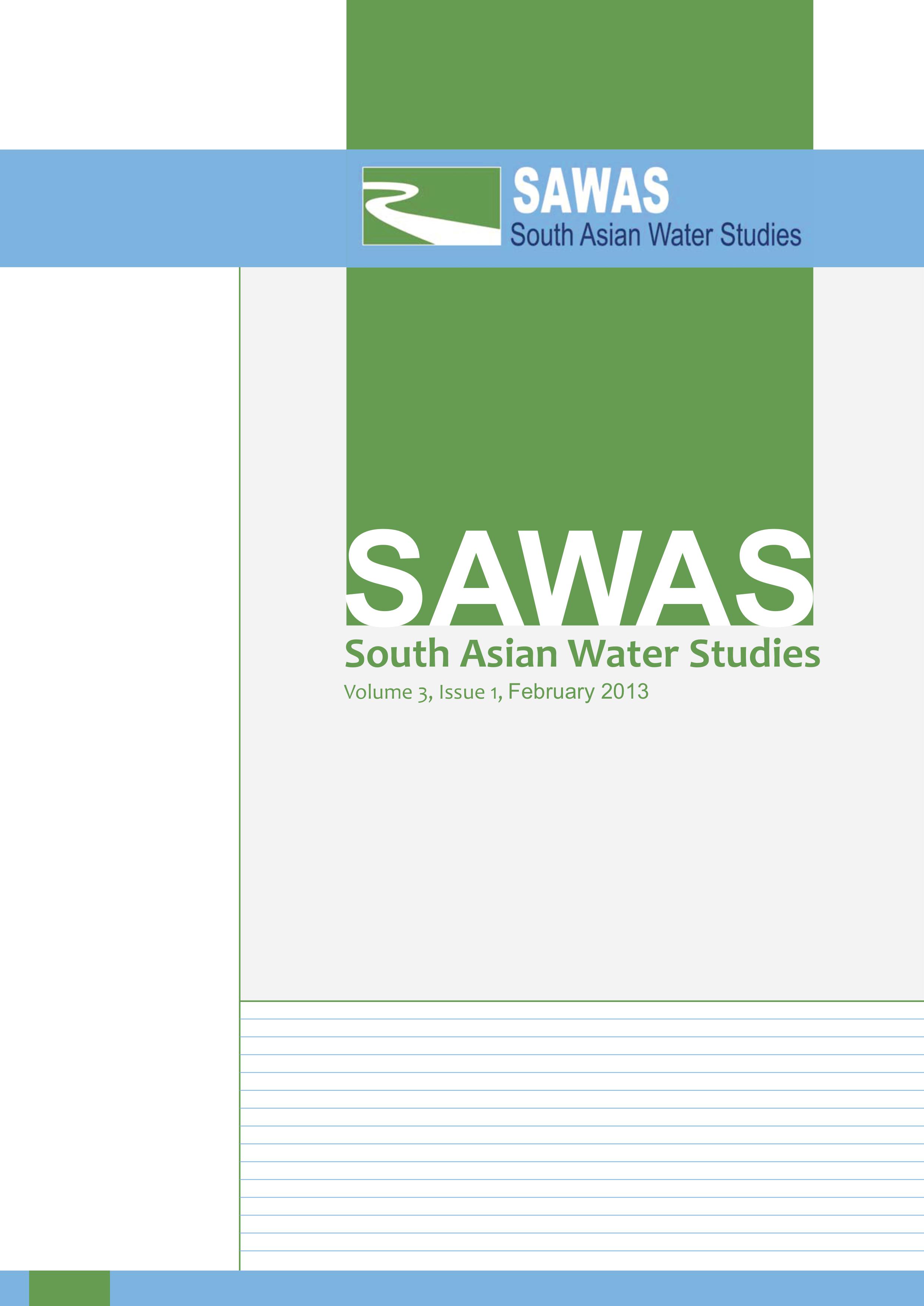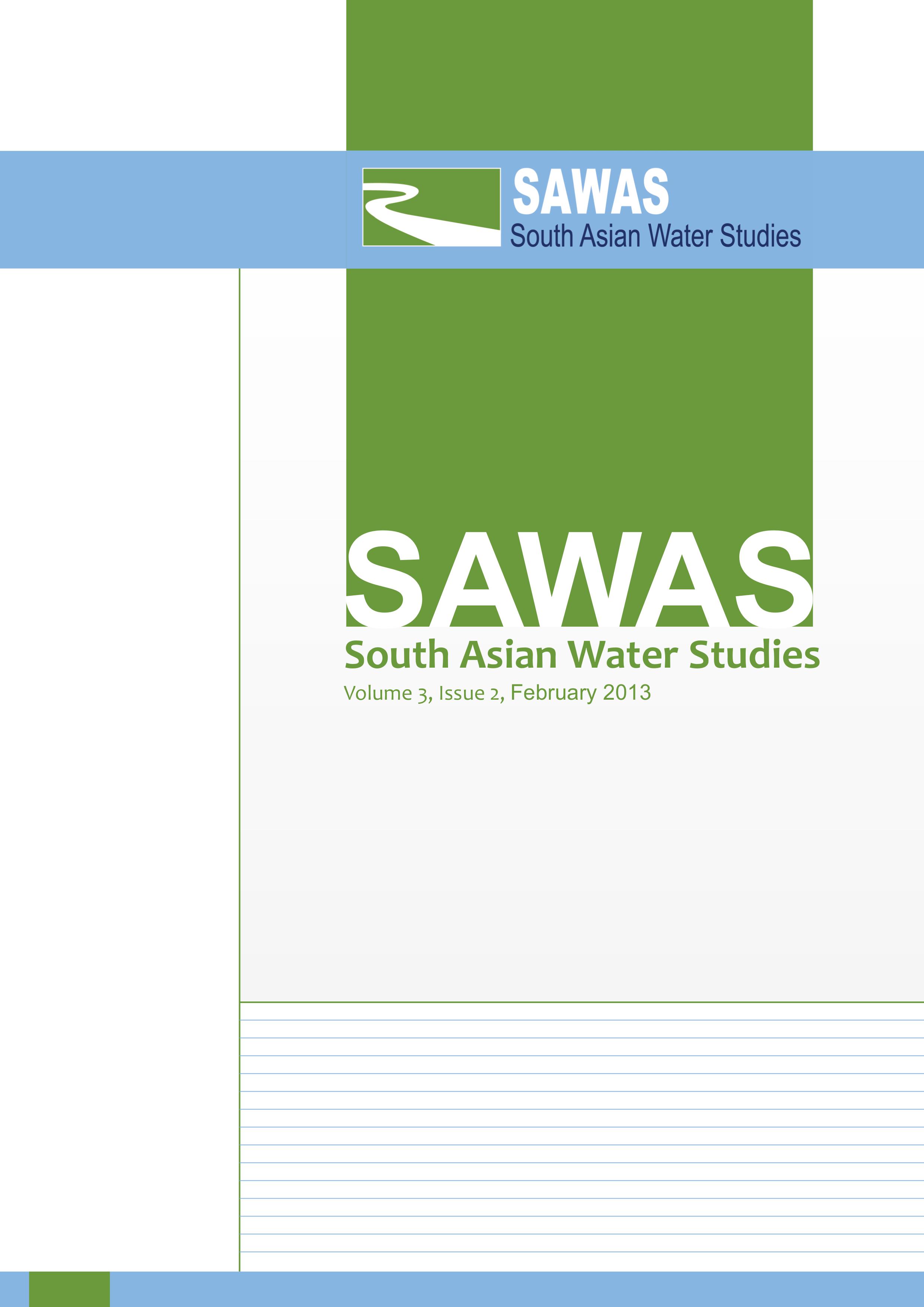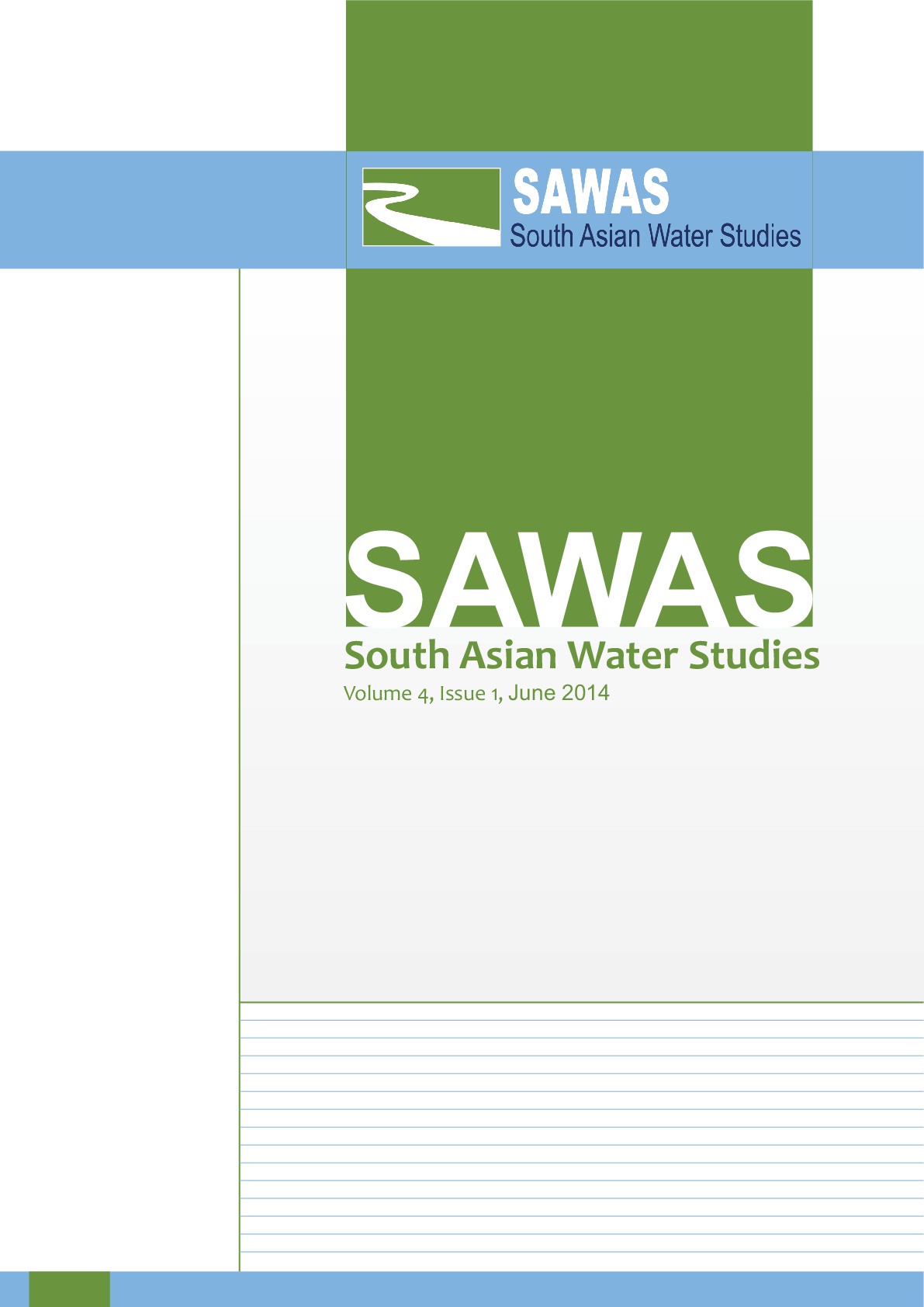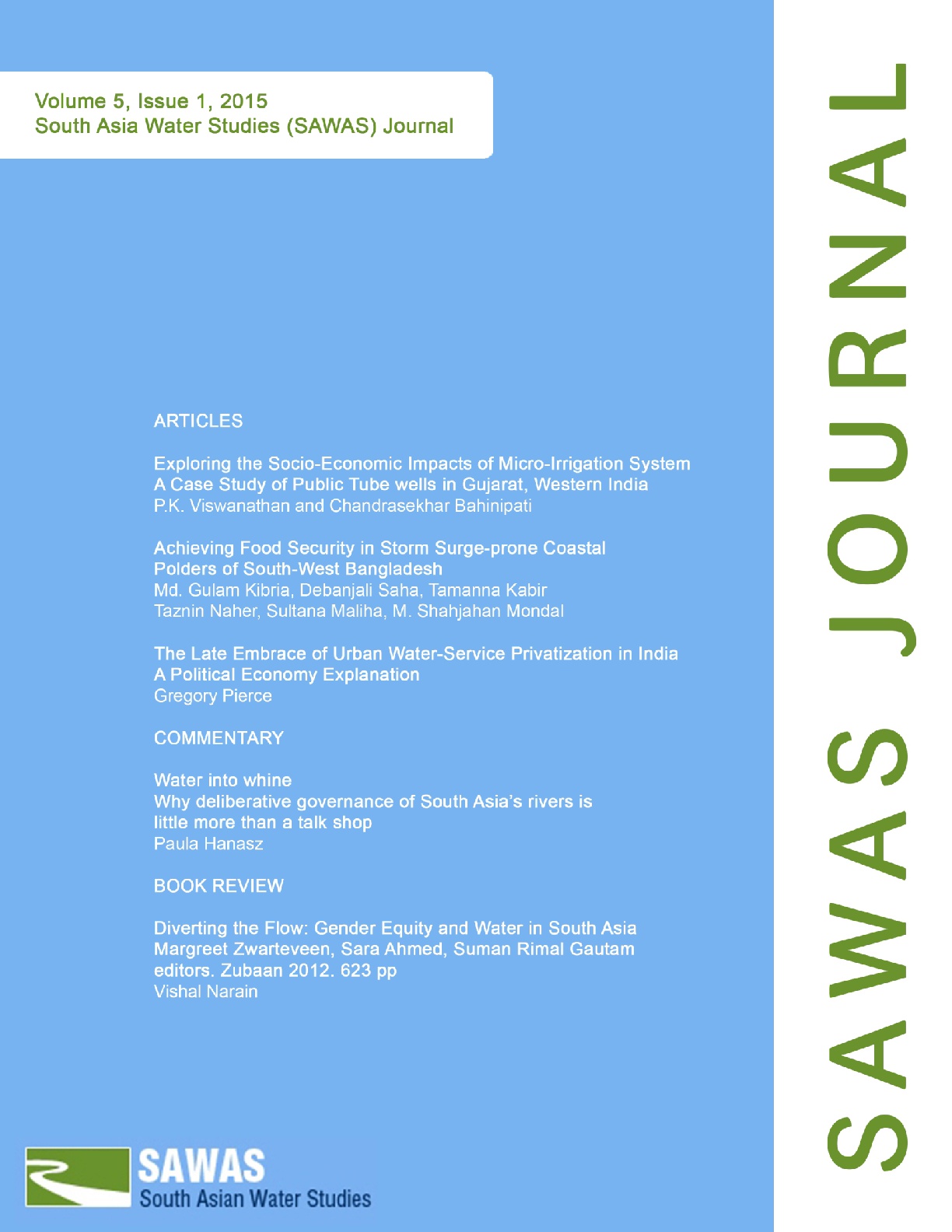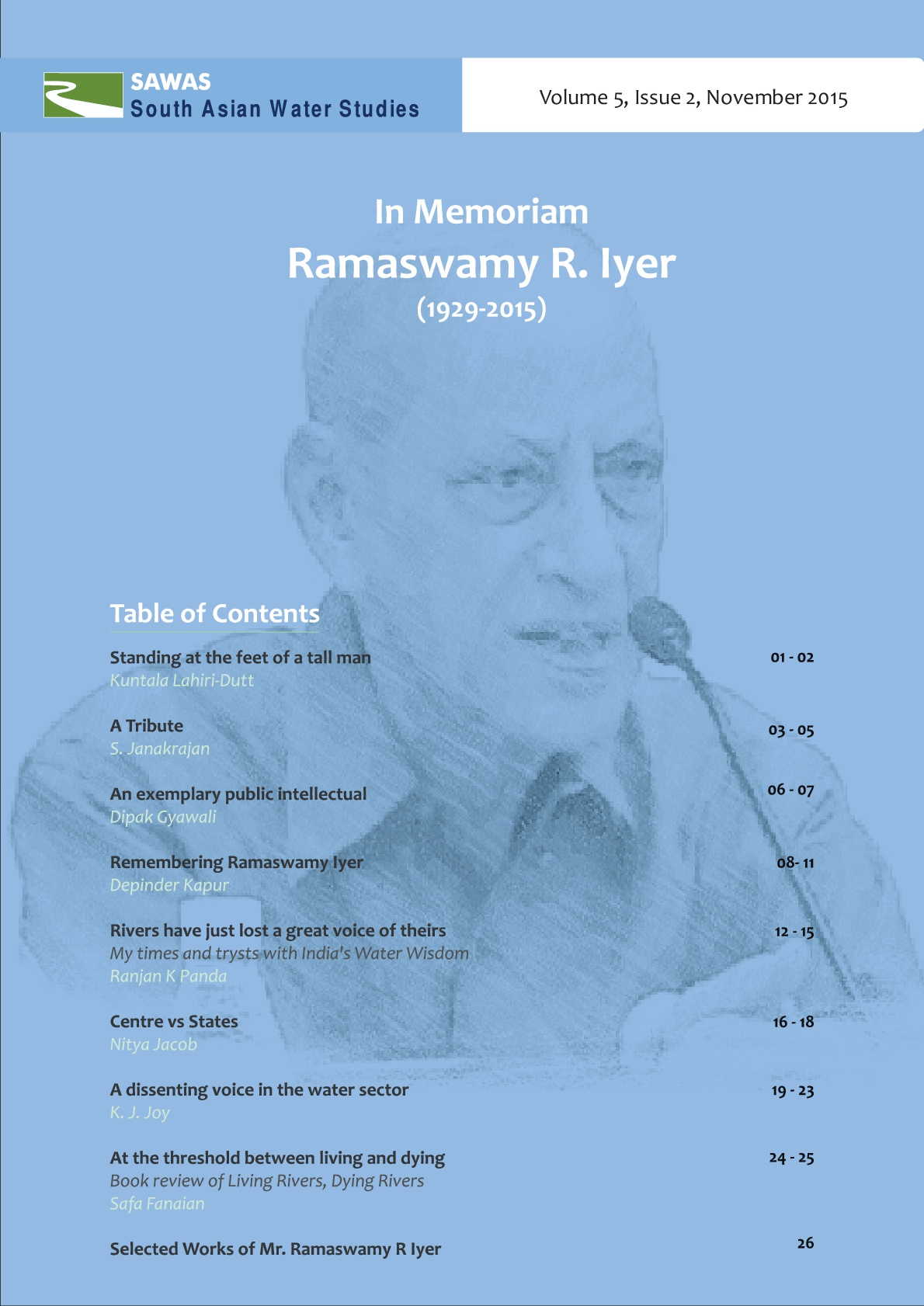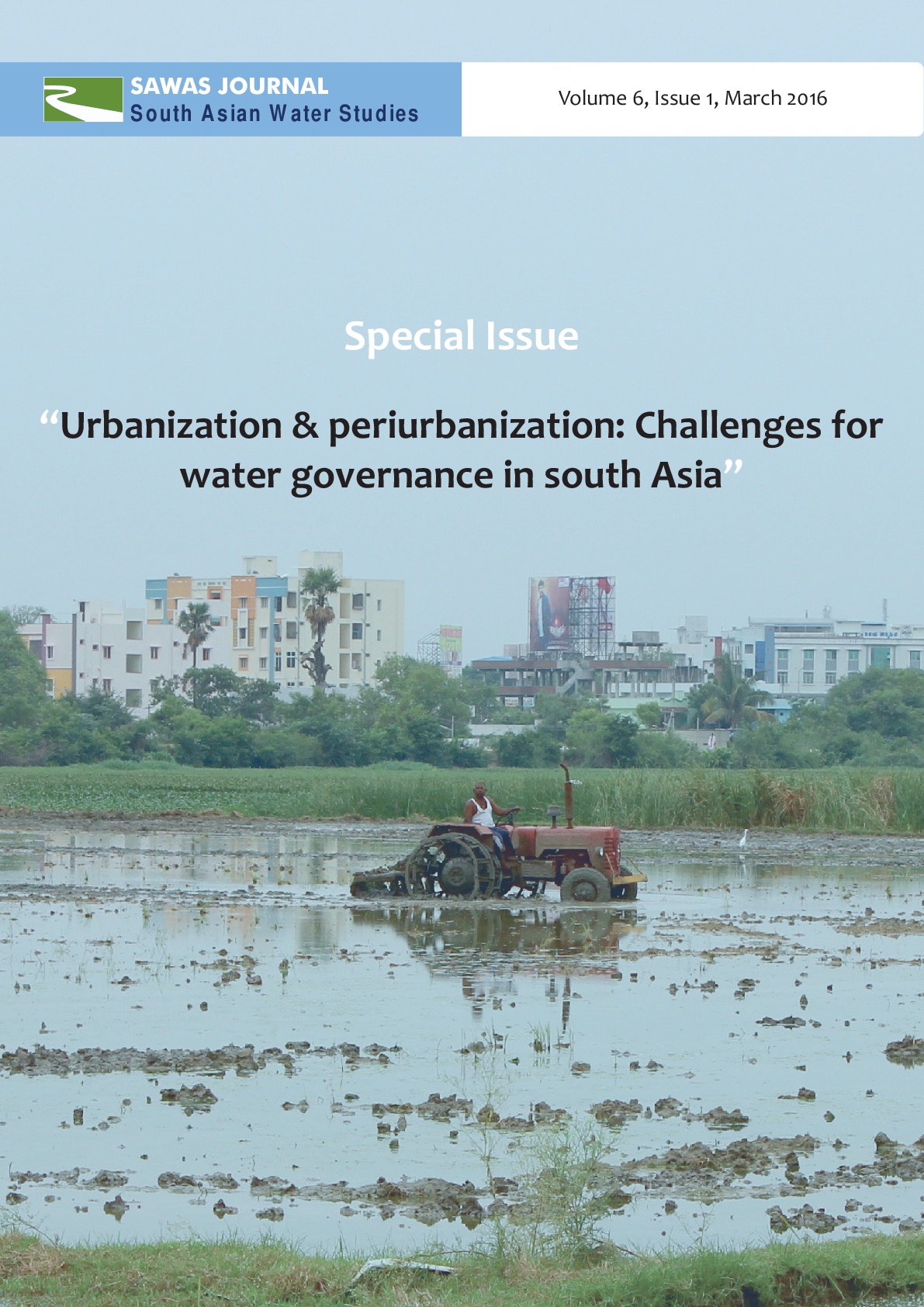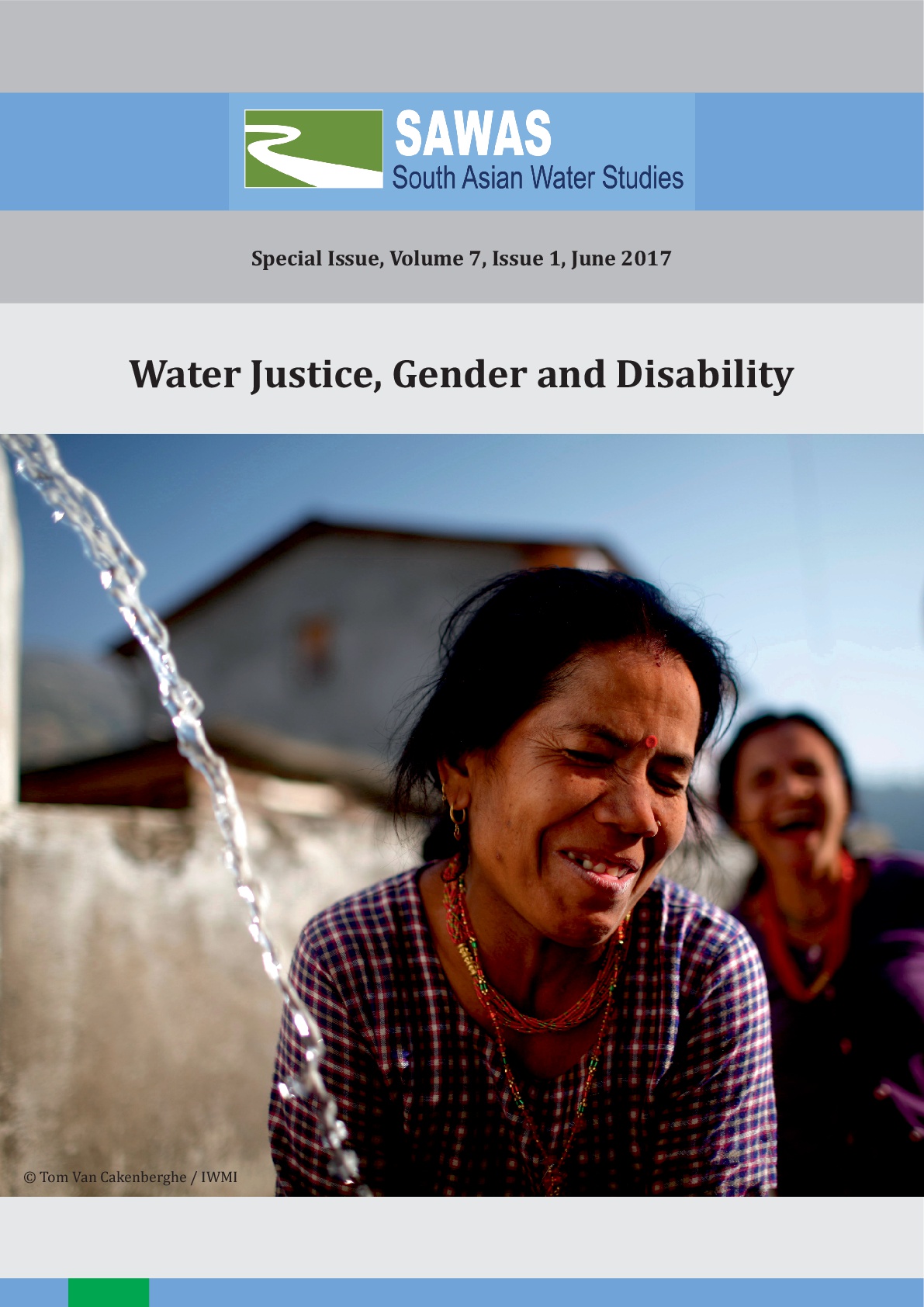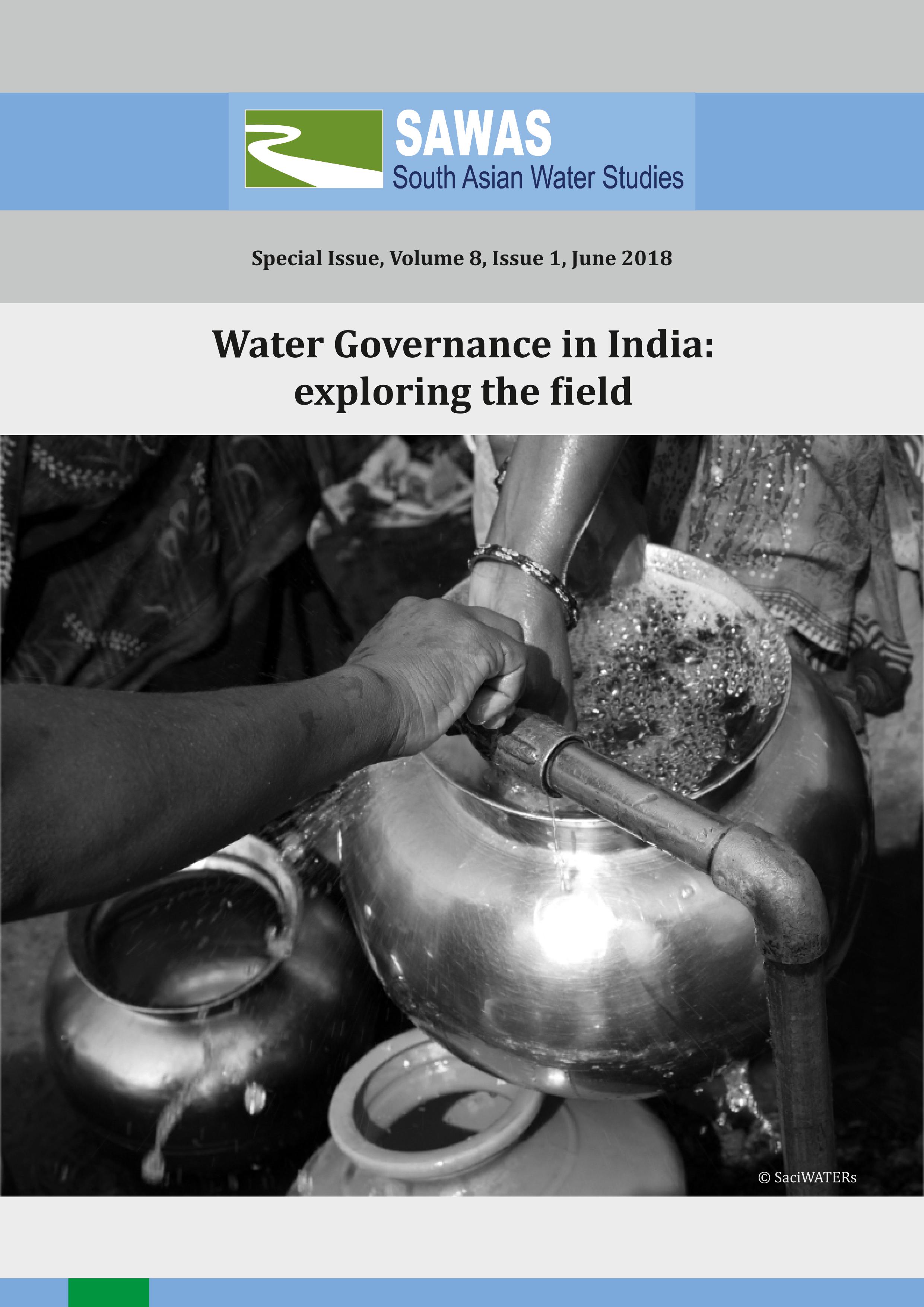South Asia is the home of over 1.5 billion people, living in Bangladesh, Bhutan, India, Maldives Nepal, Pakistan and Sri Lanka. If there is a single most important issue that marks bilateral relations among the countries of the subcontinent, water is a good candidate. Water connects the whole of South Asia historically and geographically and binds the countries of the region. Simultaneously, contentious issues of cross-border water distribution, utilization, management and mega irrigation/hydro-electric power projects are gradually taking centre-stage in interstate relations as water scarcity increases and both drought and floods make life too often miserable.Given the depleting resources of water, the issues of food, and water security as its most crucial part, are going to assume astronomical proportions. The issues of water distribution and management bring countries into conflict, but also provinces/states and regions within countries. These conflicts are frequently not being settled amicably. A working framework of riparian statutes respecting upstream and downstream rights is lacking. However, the countries of the subcontinent have made certain remarkable efforts to resolve their differences over water distribution through bilateral agreements.
In South Asia, water resources development, particularly irrigation, has made an enormous contribution to the achievement of higher levels of national food security, keeping pace with population growth, and to economic development more generally. At the same time the social and environmental costs of this achievement have been high and the present developmental pattern may not lead to a sustainable and equitable future. Very few people who are active in the South Asian water sector would want to deny that there are serious problems facing the region in the use of its water resources for human development and sustainable growth.
SAWAS as an interdisciplinary journal addresses these issues aiming to provide space for alternative and critical thinking. The journal aims to be an independent forum for discussion about water related issues that affect South Asia: issues in particular countries and regions within South Asia, issues at the level of South Asia as a region, and issues related to the global context in which South Asian water issues are situated.
SAWAS aims to share knowledge of successful resolutions of water related problems as well as constructive analyses of deadlocks and failures, and create an intellectual debate on South Asian water. SAWAS welcomes contributions that discuss any dimension of water resources development, technology and management and use, and their relations with society and the environment. Some of the topics covered in the journal include:
• Water governance and water reforms
• Water policy at global and national levels
• The politics of water provision and use in the South Asian countries
• The politics of everyday water management (irrigation, watershed, etc.)
• Local and scientific water knowledge systems, concepts and discourses
• Water and economics
• Water, environment and society
• Water, globalization and geo and regional politics
• Water, technology and society
• Water and human rights
• Water, power and social divisions :gender, class, ethnicity
• Sustainable use of water
• The dilemmas of ‘Water Resources Development’
• Water resources education and changing professional identities in the water sector
• Demand management in the face of growing water scarcity & conflicts
• Water use in industries
• Institutions for water management and conflicts over water
• Water resources development, colonisation and state formation
• The cultural politics of water
• Water and social movements
Guide for Authors
The articles, opinions and book reviews should be written preferably in English. Authors with English as a second language may choose to have their manuscripts professionally edited before submission to improve the English, as papers with poor expression will not be accepted.
Guidelines for Authors
